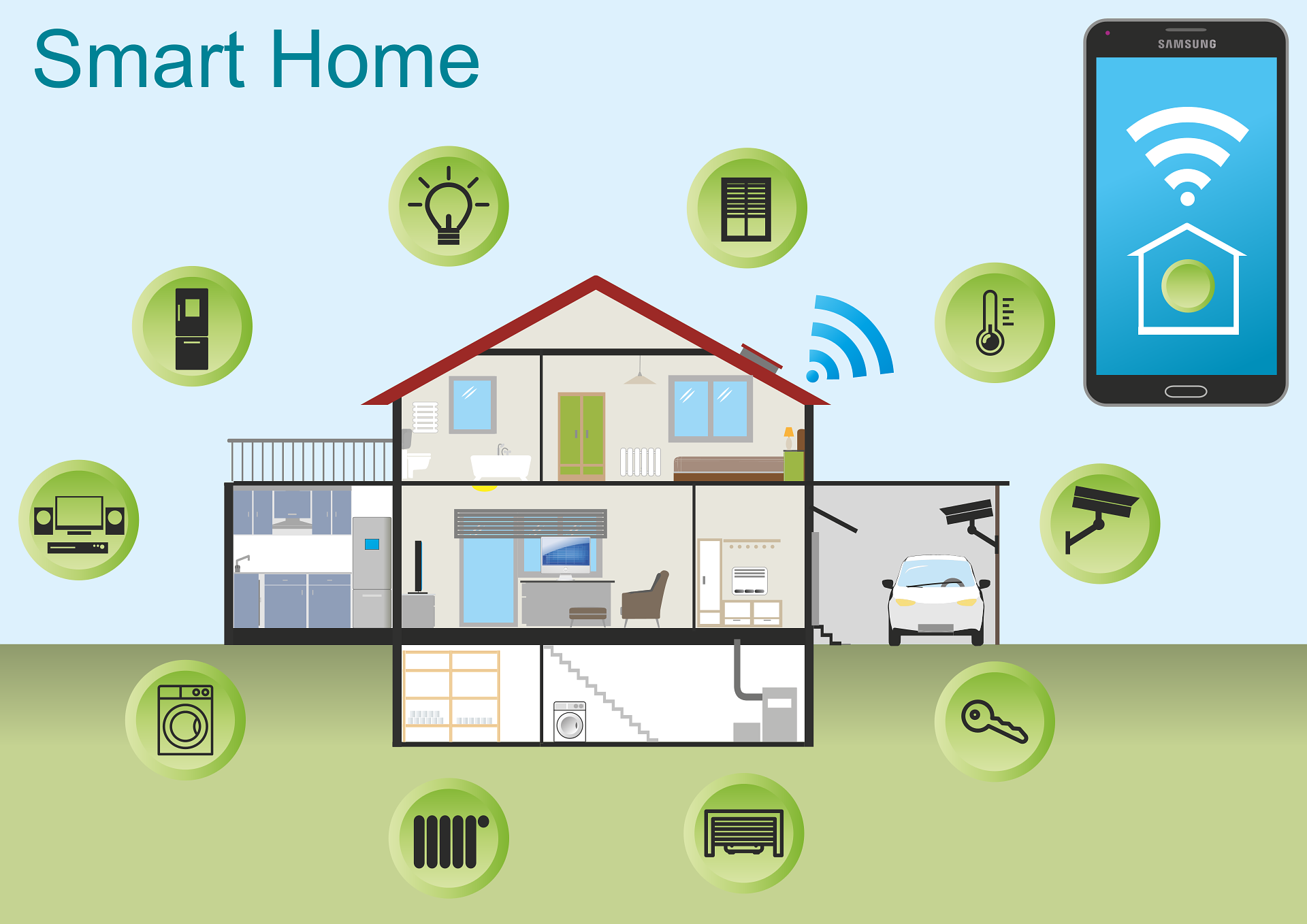Home Assistant vs. Amazon's Alexa

Home Assistant and Alexa are both popular smart home platforms, but they serve different purposes and have distinct features and capabilities. Here's a comparison of the two:
Purpose:
Home Assistant:
Home Assistant is an open-source home automation platform that allows you to control and automate various smart devices and services in your home. It is highly customizable and designed for users who want fine-grained control over their smart home setup.
Alexa:
Alexa is Amazon's voice-controlled virtual assistant that can perform a wide range of tasks, including controlling smart home devices, answering questions, playing music, setting alarms, and more. While it can control smart devices, it's more focused on voice interaction and general convenience.
Compatibility:
Home Assistant:
Home Assistant is known for its extensive compatibility with a wide range of smart devices and platforms. It supports both local and cloud-based integrations, making it a versatile choice for creating a unified smart home ecosystem.
Alexa:
Alexa works with many smart home devices and services, but its compatibility may be limited to brands and services that have integrated with Amazon's Alexa platform.
Customization:
Home Assistant:
Home Assistant is highly customizable and can be tailored to meet specific automation needs. Users can create complex automation routines, set up custom dashboards, and integrate third-party plugins and components.
Alexa:
While Alexa offers some degree of customization through routines and skills, it may not provide the same level of fine-grained control and flexibility as Home Assistant.
Voice Control:
Home Assistant:
Home Assistant does support voice control through various voice assistants like Amazon Alexa, Google Assistant, and more. However, its primary focus is on automation and control through its interface rather than voice interaction.
Alexa:
Alexa is designed for voice control and is one of the most popular voice assistants for smart homes. You can use Alexa to control smart devices, ask questions, and perform various tasks by voice commands.
Privacy and Data:
Home Assistant:
Home Assistant can be configured to work entirely locally, enhancing privacy by reducing the reliance on cloud services. Users have more control over their data.
Alexa:
Alexa relies on cloud processing, which means voice commands are sent to Amazon servers for processing. Some users may have privacy concerns with this approach.
Cost:
Home Assistant:
Home Assistant is open-source and free to use. However, you may need to invest in compatible smart devices, hardware, or additional plugins if required.
Alexa:
Alexa devices vary in cost, from inexpensive Echo Dot models to more expensive Echo Show devices. Some features, like music streaming or calling, may require subscription services.
In summary, the choice between Home Assistant and Alexa depends on your specific needs and preferences. Home Assistant is ideal for users who want deep customization and control over their smart home, while Alexa is a convenient voice assistant with smart home control capabilities but may have limitations in customization and privacy. Some users even choose to use both in combination to leverage the strengths of each platform.
